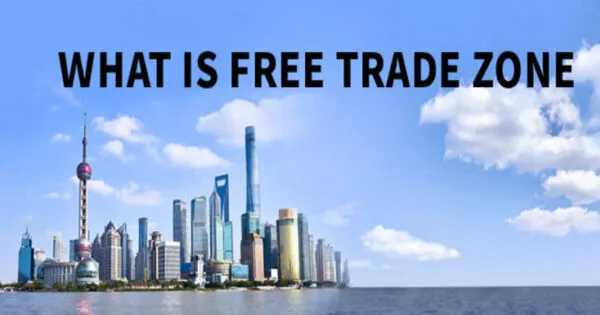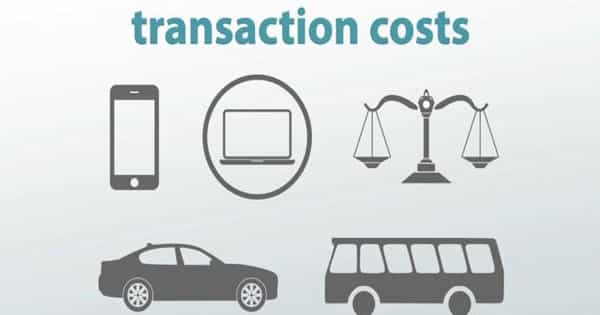A free-trade zone (FTZ) is a type of economic zone. It is a geographical area where items may be imported, kept, handled, manufactured, or reconfigured and re-exported under strict customs regulations and are normally duty-free. It is a specified geographic area where items can be imported, exported, and processed with fewer trade barriers and limitations than exist outside the zone. It is also known as a free-trade zone or free-trade region.
The fundamental purpose of establishing a free-trade zone is to encourage economic growth and international trade by lowering tariffs, quotas, and other trade obstacles that impede the movement of products and services between countries. Free trade zones are generally organized around major seaports, international airports, and national frontiers—areas with many geographic advantages for trade.
Definition
Free trade zones are defined by the World Bank as “small, fenced-in, duty-free areas that provide warehousing, storage, and distribution facilities for trade, transshipment, and re-export operations.”
Free-trade zones can also be defined as labor-intensive manufacturing centers that involve the import of raw materials or components and the export of factory products; however, this definition is becoming obsolete as more and more free-trade zones focus on service industries such as software, back-office operations, research, and financial services.
Key characteristics of a free-trade zone include:
- Tariff Reduction or Elimination: FTZs typically offer reduced or eliminated tariffs on imports and exports within the zone. This encourages businesses to set up operations within the zone to take advantage of lower import/export costs.
- Customs Benefits: Customs procedures are often streamlined within FTZs, making it easier and faster for goods to move in and out of the zone. This can lead to cost savings and improved efficiency for businesses.
- Foreign Investment: FTZs often attract foreign direct investment (FDI) due to their favorable trade conditions. Foreign companies may establish manufacturing or distribution facilities within the zone to access new markets and reduce trade-related expenses.
- Export-Oriented Production: Many FTZs concentrate on export-oriented manufacturing, in which enterprises produce goods primarily for international markets. This can assist countries in increasing their exports and earning foreign currency.
- Regulatory Flexibility: FTZs may have less stringent rules than the rest of the country, making it easier for enterprises to operate and innovate within the zone.
Each government develops its own FTZ rules, defining the scope and benefits of these zones in different ways. Furthermore, the World Trade Organization (WTO) offers standards and principles for the establishment and administration of FTZs in order to assure compliance with international trade agreements. Overall, free-trade zones serve an important role in boosting international trade, attracting investment, and stimulating economic development in regions all over the world.















